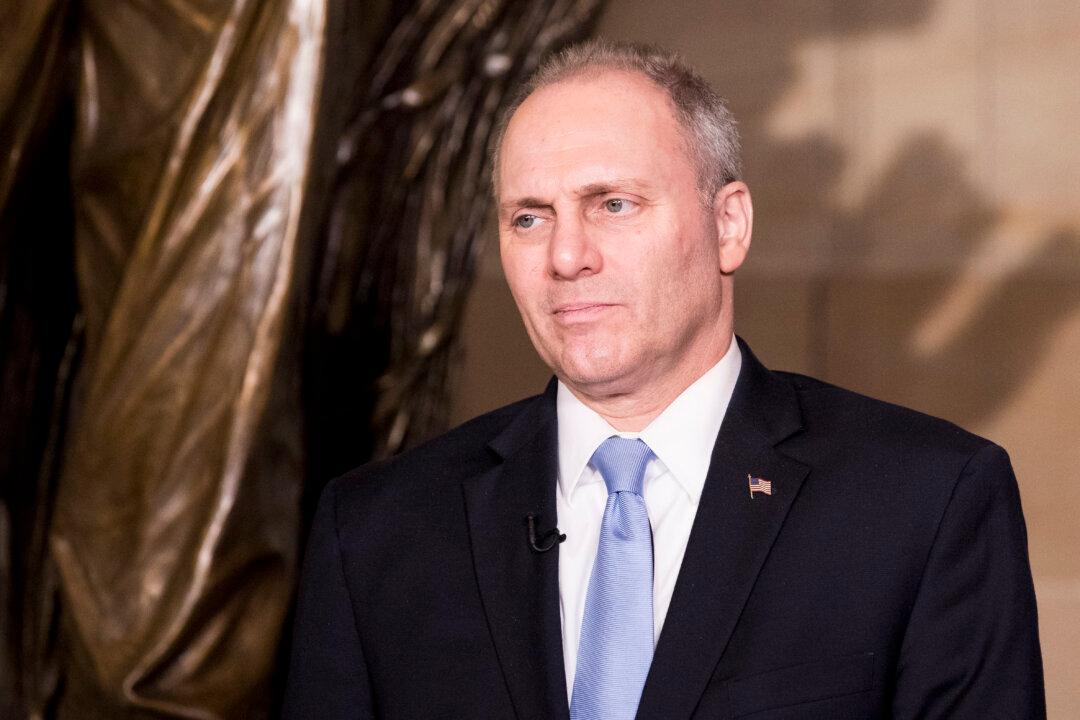Rep. Steve Scalise (R-La.) said that the Democrat spending bill that boosts IRS funding is “guaranteed” to squeeze more tax revenue from middle- and lower-income Americans despite Biden administration insistence that households making less than $400,000 won’t face higher taxes or audit rates.
Scalise, who is the House Republican whip, made the remarks on the House floor and in an interview on Fox News on Aug. 12, the day the Democrat-controlled House passed the Inflation Reduction Act.





